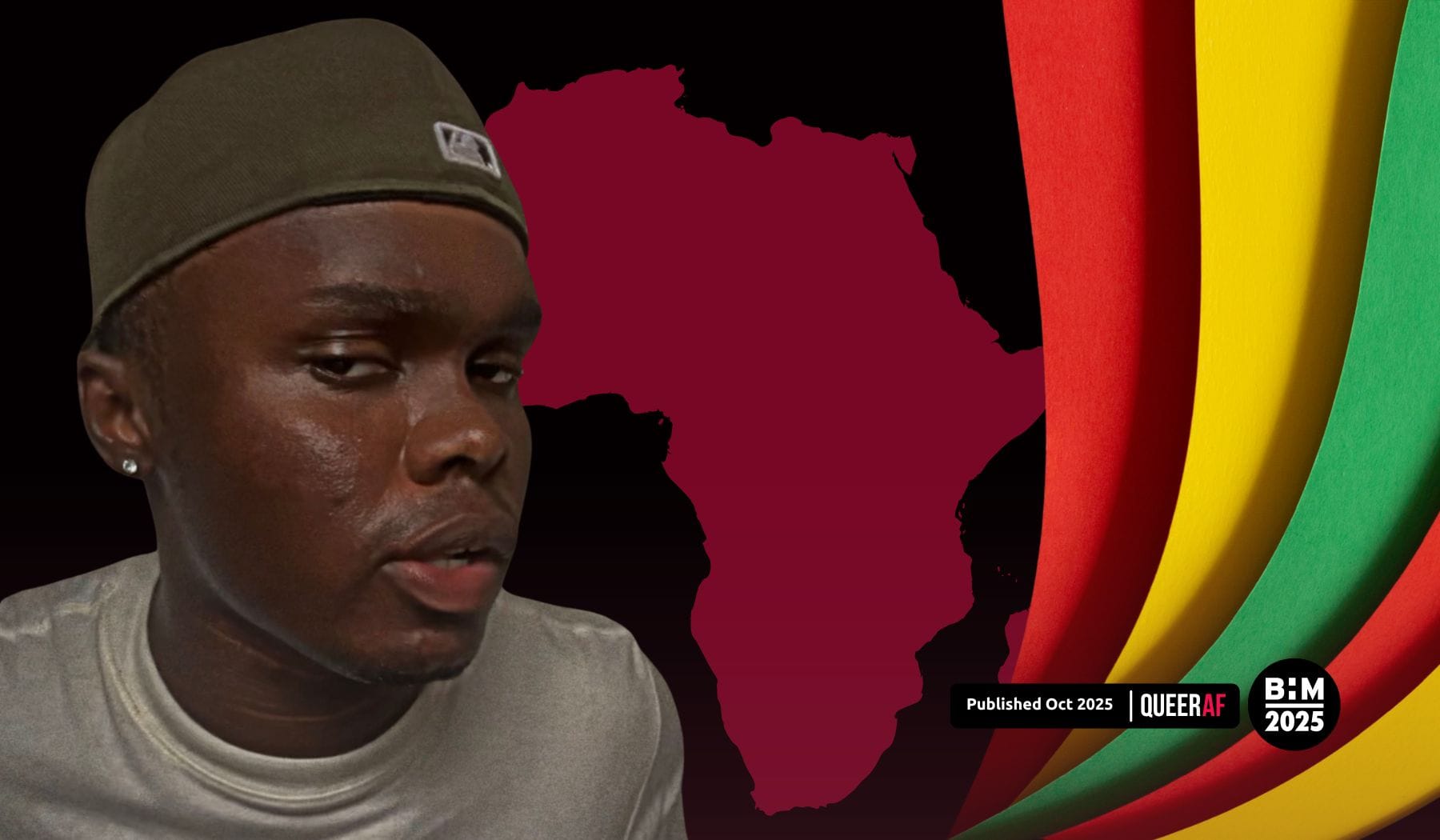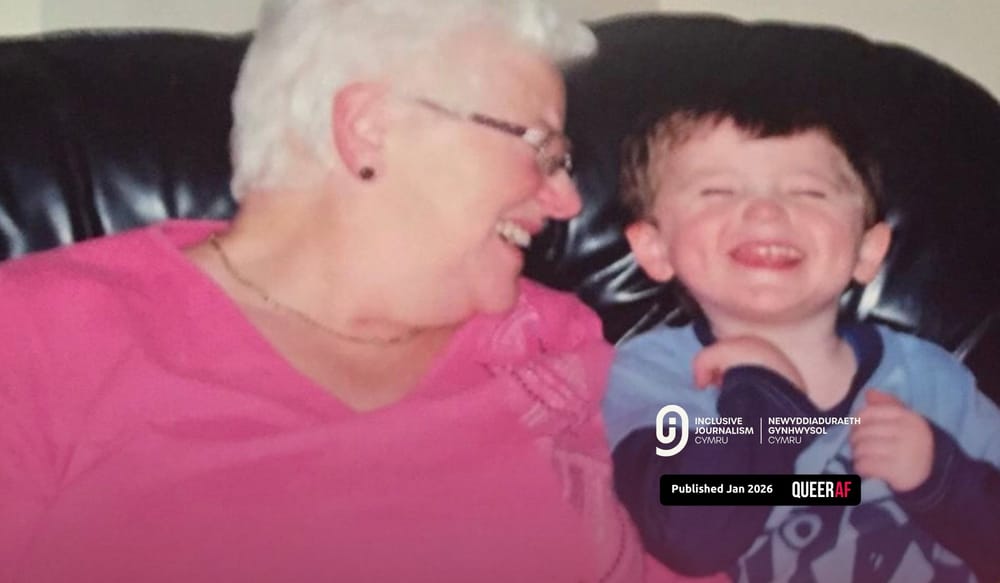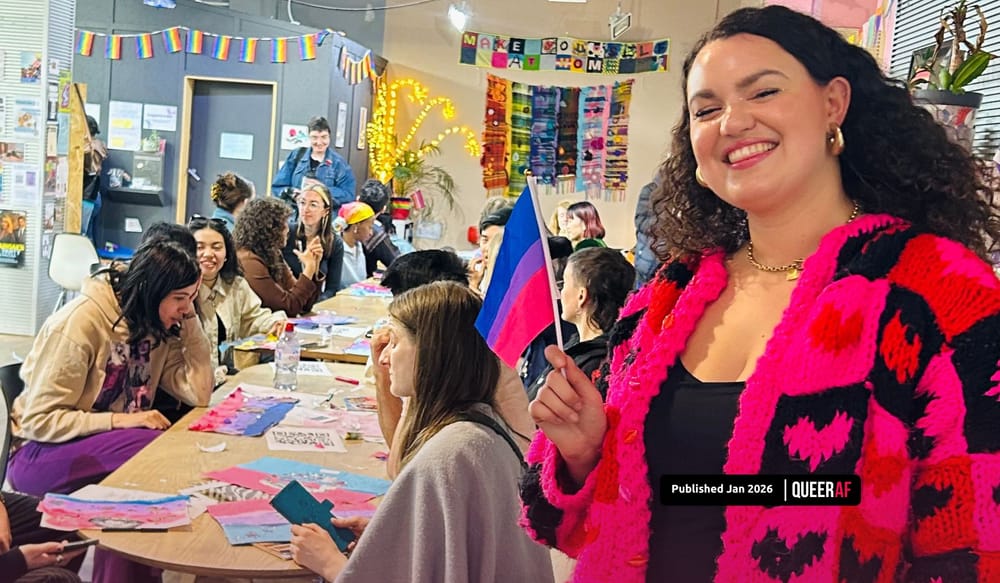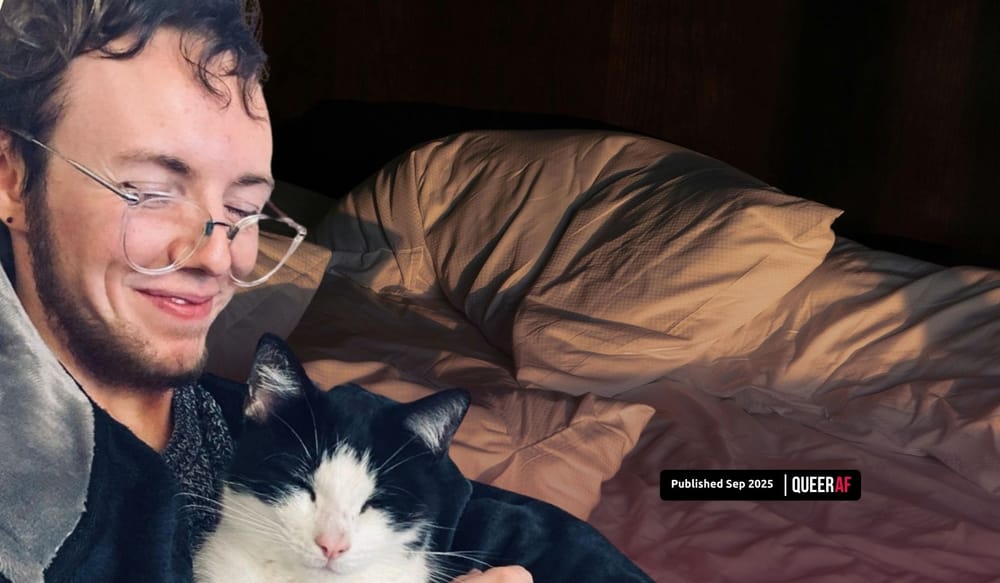
The notion that queerness is "un-African" is one of Britain's most successful lies, and most enduring exports.
Throughout Africa, politicians claim to defend "traditional values" through anti-LGBTQIA+ legislation - but they do so citing moral codes first established by colonial powers. They call their anti-queer policies "decolonisation," but it is, in reality, a commitment to the faith, fear, and controls imposed by colonial powers.
Over the past two years, political panic around LGBTQIA+ rights in Africa has reached a fever pitch.
Uganda’s 2023 Anti-Homosexuality Act made headlines worldwide when it criminalised queer identities and advocacy, mandating life imprisonment and in some cases the death penalty for same-sex intimacy. Following this, Ghana’s proposed “Family Values Bill 2025” aims to introduce similar restrictions.
In Nigeria, my home country, politicians boast they've shielded the nation from “Western immorality.” However, every line of anti-LGBTQIA+ laws in the criminal code act can be traced back to 1860 British penal codes.
The most notable is Section 377, which addresses "unnatural offences" and "acts against the order of nature." Even the concepts of sin and the hierarchy of shame were adopted in their entirety, packaged as native virtues.
As a queer African journalist, I’ve observed how this colonial hangover seeps into our laws and culture. Leaders who argue that queerness is a Western construct mimic rationale used by colonial powers that deemed Africa uncivilised. The difference is in the target: where the British aimed to "save" Africans, our leaders now claim to save Africans from one another.
Precolonial Africa was not a queer utopia, but it was far more fluid than the Victorians could comprehend. In northern Nigeria, the Yan Daudu — effeminate men who served as entertainers and courtiers — had existed long before the British arrived. In Kenya, the tradition of female husbands blurred traditional gender roles and allowed women to marry women within inheritance systems.
In Egypt, gender-diverse Khawalat communities were only banished under the influence of a Western-obsessed leader. This in a country where gay and homo-social relationships were seen as natural, even extending to marriage, and the Siwan men were fiercely dedicated to their same-sex partners.
Many communities and languages recognised forms of intimacy, gender variance, and kinship defying binary categories. Colonial authorities came and criminalised these traditions, labelling them as “unnatural”, and instilled shame around them that long outlived the empire. That legacy can be seen in Uganda’s death penalty, or Nigeria’s sentencing of up to 14 years in prison.
These laws do not reflect African morality; rather, they represent the morality of the colonisers, upheld by new advocates.
Yet across Africa, there are glimmering efforts of resistance. In 2019, Botswana's courts decriminalized gay relationships after a Court of Appeal decision. Angola followed suit in 2021 by abolishing its "vice against nature" clause.
Namibia's Supreme Court recently recognized foreign same-sex marriage in 2023, and decriminalized colonial-era same-sex conduct laws in 2024. In Kenya, activists are actively challenging discriminatory laws in court, advancing discussions that would have been unthinkable just a decade ago.
Beyond legal victories, cultural shifts are unfolding. Queer artists, activists, and storytellers are reclaiming space online and in local communities.
Pride gatherings, although small, are taking place in cities like Nairobi, Johannesburg, and Lagos. Even in challenging environments, visibility has become a powerful act of resistance, demonstrating that African queerness refuses to be erased.
When I discuss these laws, I'm not just recounting history; I'm highlighting their significant impact on our present. The fight for queer liberation in Africa is rooted in our own disrupted histories, not a Western imposition.
True decolonisation will emerge from rejecting the colonial morality that instilled fear in us, not from dismissing queerness for the sake of culture. Our freedom has always been within us, only ever forbidden, but never destroyed.
The question now is whether we can envision an Africa that is brave enough to remember what it once knew: that queerness, like culture itself, has always belonged here.
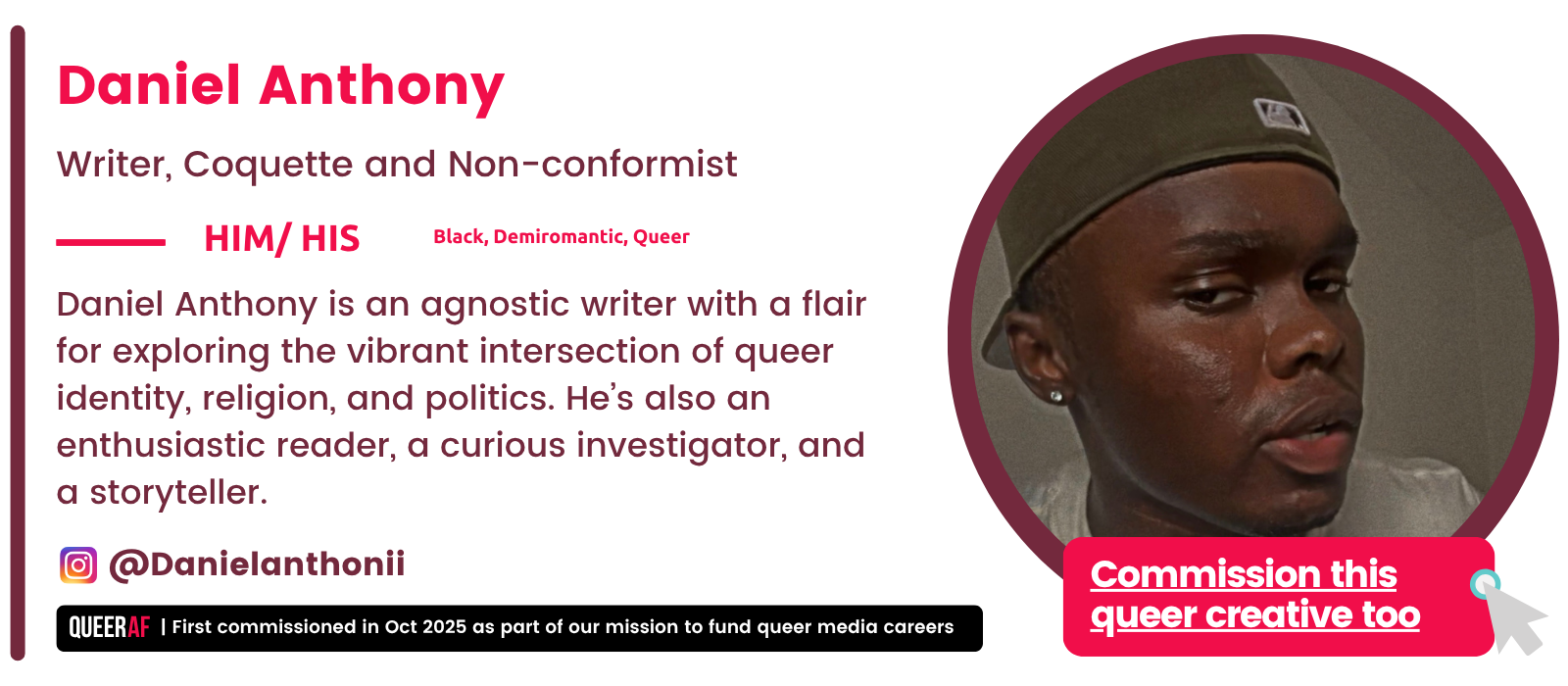
More than a month
At QueerAF, we're obsessed with journalism and storytelling that puts lived experience in the driving seat.
So we're thrilled to be able to bring you Phil Samba's perspective - and those of several other Black queer creatives - this Black History Month 2025.
As a small indie publisher, we've done this series on a shoe-string budget. Everyone's been paid, and received mentoring and support - but imagine what we could do with more resources.
This month, our ask to you is this: if you learn, grow from or enjoy our UK Black History Month series, consider investing in it.
Help us fund even more Black, queer and trans creatives to tell stories - all year around.

